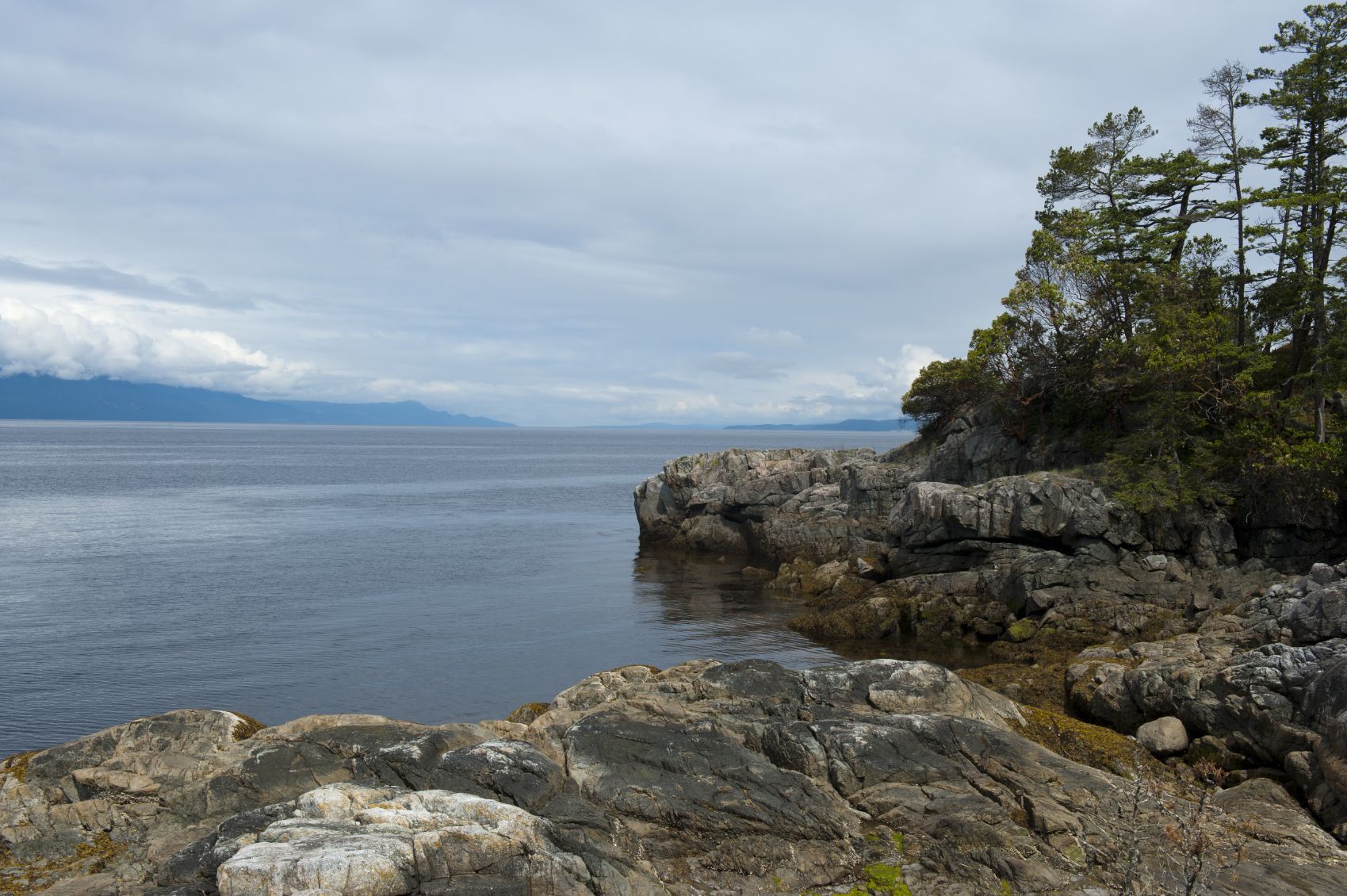Canada’s economic prosperity depends on the marine transportation of exports to world markets. This can only be done by ships. The ongoing ocean and environmental impacts of shipping will become increasing important in the Canadian shipping regime; one that places emphasis on uniformity with the international system.
At its foundation, environmental navigation and ocean governance both require a local and big picture perspective. Thus, policy decisions and outcomes benefit when they are informed by data collected by field sampling and analysis. Time series data is also required to understand trends and changes in the ocean environment. In the sea, however, collecting data in a three-dimension space is both costly and challenging because it requires specialized equipment, vessels, aircraft, satellites and highly trained personnel.
K. Joseph Spears in this BC Shipping News article argues that there is an increasing need for a holistic perspective on shipping activity in terms of marine and ocean governance. For this to happen ocean science needs to be funded if we truly are to have continuous improvements in environmental navigation and sustainable shipping. Science based on data collected for the purpose of understanding the ocean system both near shore and offshore will provide policy makers with the tools necessary to make fact-based decisions when considering regulations and emergency response plans. In summary, the impacts of present and future shipping activity need to be discussed in the broader context of environmental navigation and ocean governance.

